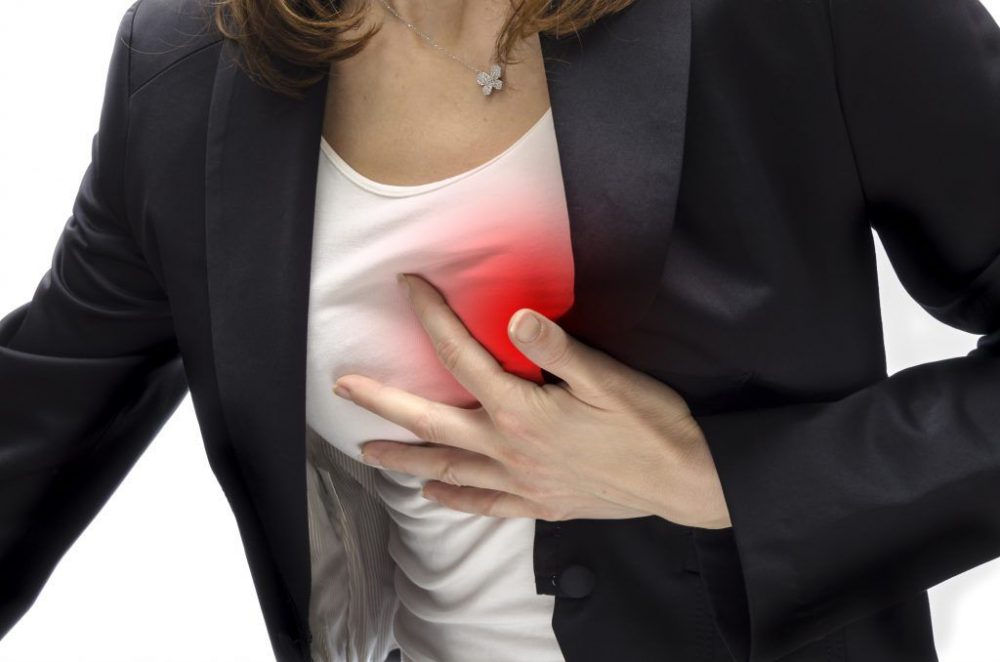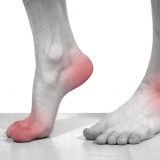

Heartburn feels like what its name implies — a form of fiery torture — and all too many people can relate. According to Healthline.com, over the course of a year a whopping 60% of all adult Americans will suffer from the effects of gastroesophageal reflux disease (GERD) at some point, with 20-30% experiencing the pain of GERD every week.
It may sound mild, but heartburn or acid reflux that occurs on a regular basis can take a heavy toll. It can lead to reduced enjoyment of food, difficulty sleeping, problems concentrating at work, doctor visits and hospital stays, and possibly lead to the development of more serious problems with the esophagus.
What Causes GERD?
A number of factors can contribute to GERD: it’s most often seen in people over 40, and especially in women. Obese people are much more likely to develop GERD and suffer its symptoms more often than non-obese people. According to a study published on PubMed.gov through the National Institutes of Health, GERD has also been linked to nonalcoholic fatty liver disease (NAFLD).
Healthy digestion is important for a healthy liver and, since liver disease has been linked with GERD, it makes sense to do what you can to choose foods and supplements that support optimal liver function.
Alleviating GERD Symptoms the Natural Way
Sales of GERD medications such as antacids and anti-secretory medications have risen along with the percent of the population suffering from GERD. But there are other ways to relieve or prevent GERD. Check out these 7 suggestions:
- Avoid foods that can trigger acid reflux, such as tomatoes, peppermint, onions, citrus fruits and fruit juices, soda and other carbonated beverages, fatty foods and chocolate.
- Eat 3-4 almonds after each meal; they help neutralize excess stomach acid.
- Eat yourmeals earlier in the day so that you have at least three hours between your last meal and bedtime.
- Try natural remedies such as a spoonful of baking soda in water (to neutralize the acid), a half cup of aloe juice, or a cup of ginger tea shortly before meals.
- Chew a piece of sugarless gum — the excess saliva you produce helps wash the acid back down.
- Exercise and lose weight, because that excess fat can put pressure on the stomach that forces acid back up into the esophagus.
- Eat more fiber, which can keep your digestive tract running smoothly.
In addition, try supplements that aid your digestion, such as Digestive Enzymes that help you digest even hard-to-digest foods and can relieve gas, bloating, heartburn and other digestive problems.
Knowing your own lifestyle factors for GERD is important, and it certainly can’t hurt to lose weight or avoid late-night snacks that you quickly regret. However, supplements that boost your liver health and digestive function don’t just help you avoid GERD, but enjoy more energy and better health overall.




